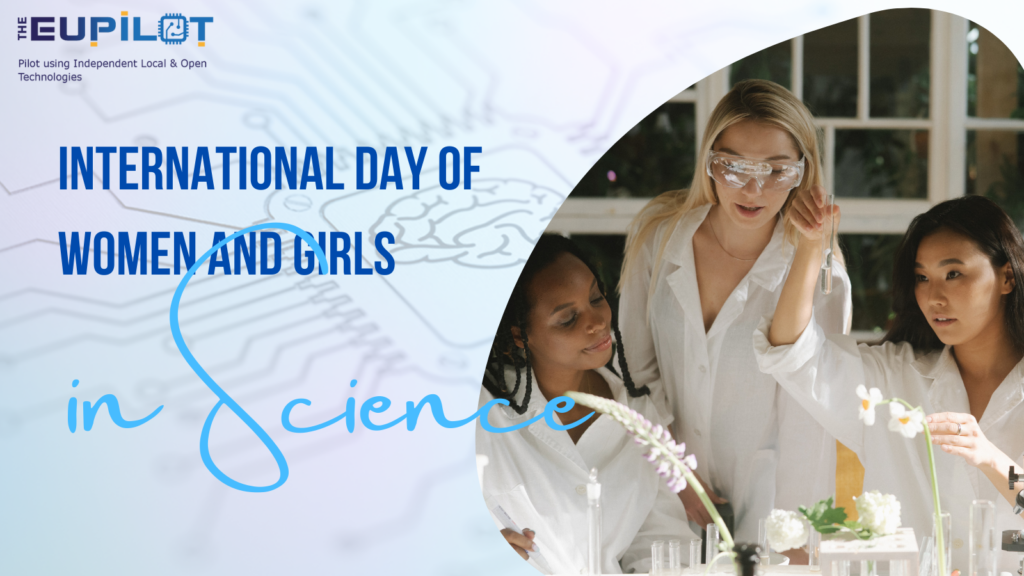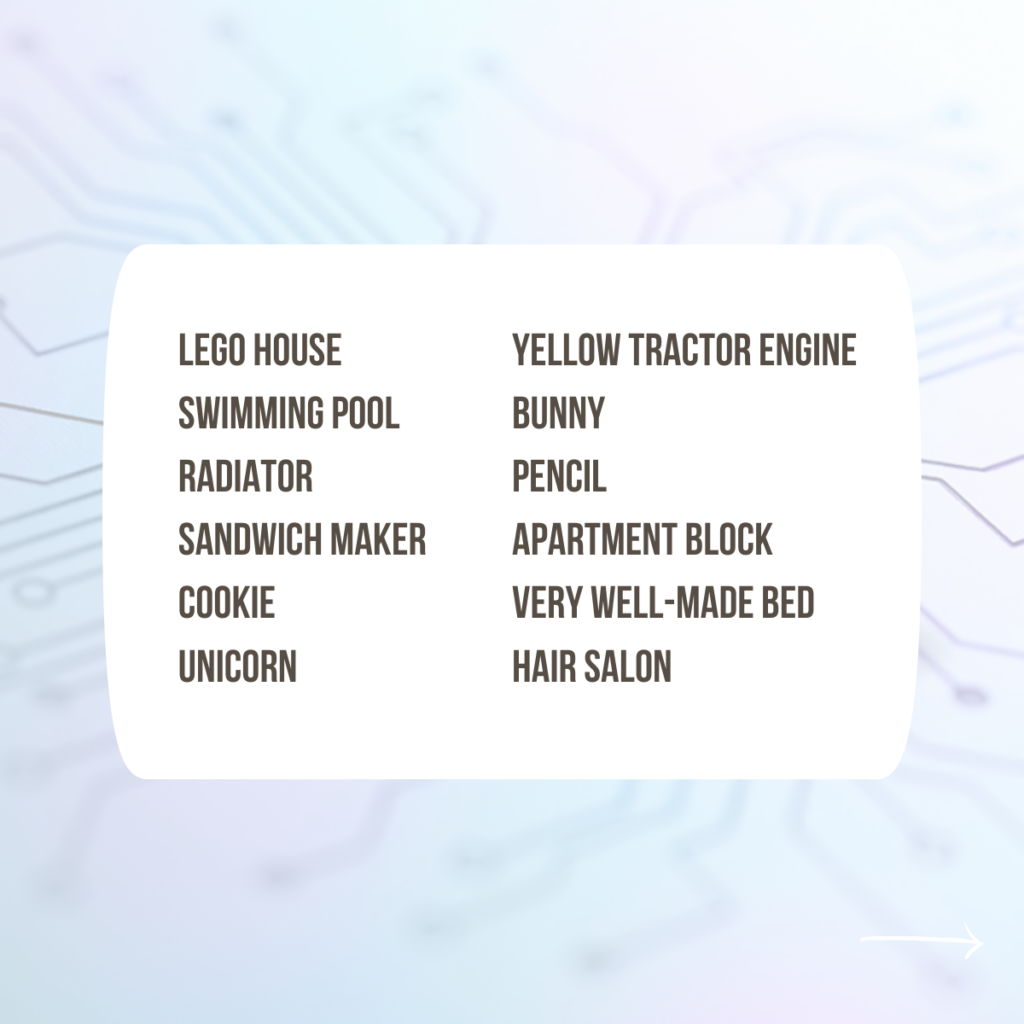On Feb 11 we celebrated the 9th International Day of Women and Girls in Science. This years’ International Day of Women and Girls in Science Assembly was held at the United Nations Headquarters, New York City, with the main theme “Women and Girls in Science Leadership, a New Era for Sustainability” and the sub-theme “Think Science … Think Peace”.

The creation of this observance came from the consistent gender disparity which endures across science, technology, engineering, and mathematics (STEM) disciplines globally, despite advancements in female participation in higher education. Gender equality remains a central concern for the United Nations, with recognition that empowering women and girls not only drives economic progress but also advances all objectives outlined in the 2030 Agenda for Sustainable Development.
Source: the United Nations – International Day of Women and Girls in Science Assembly
- Women are typically given smaller research grants than their male colleagues and, while they represent 33.3% of all researchers, only 12% of members of national science academies are women.
- In cutting edge fields such as artificial intelligence, only one in five professionals (22%) is a woman.
- Despite a shortage of skills in most of the technological fields driving the Fourth Industrial Revolution, women still account for only 28% of engineering graduates and 40% of graduates in computer science and informatics.
- Female researchers tend to have shorter, less well-paid careers. Their work is underrepresented in high-profile journals and they are often passed over for promotion.
Science and inclusion
In the realm of science, accessibility should be a fundamental principle, allowing everyone the opportunity to learn, pursue careers, and contribute. However, women and girls often face various obstacles in communicating and receiving support to overcome educational and career challenges. The fear of being perceived as inadequate and second-guessing one’s abilities based on gender, stifles the free exchange of ideas, strongly highlighting the need to dismantle biases regarding capabilities.
Embracing openness, collaboration, and open communication is essential for the advancement of science. Science thrives on shared knowledge, where no idea is too insignificant or grandiose. Reflecting on the origins of innovation reminds us of the wandering thoughts and creativity that sparked progress. Every breakthrough once seemed unattainable, yet from the invention of the wheel to the emergence of virtual reality technology, humanity has continually defied limits.
Encouraging imagination
To foster a culture of open communication and creativity in discussing science, EUPILOT conducted a lighthearted exercise with university- level STEM students. They were posed with a simple question: “What is this in the photo below? Wrong answers only.” This encouraged the students to use their imagination and sense of humor, promoting a relaxed atmosphere strongly beneficial to exploring scientific concepts.
Check out our top picks and feel free to share your quirky idea in the comment section what could this be, or what could a machine with this component do.


Let us hear from you!
(Commenting no longer available)